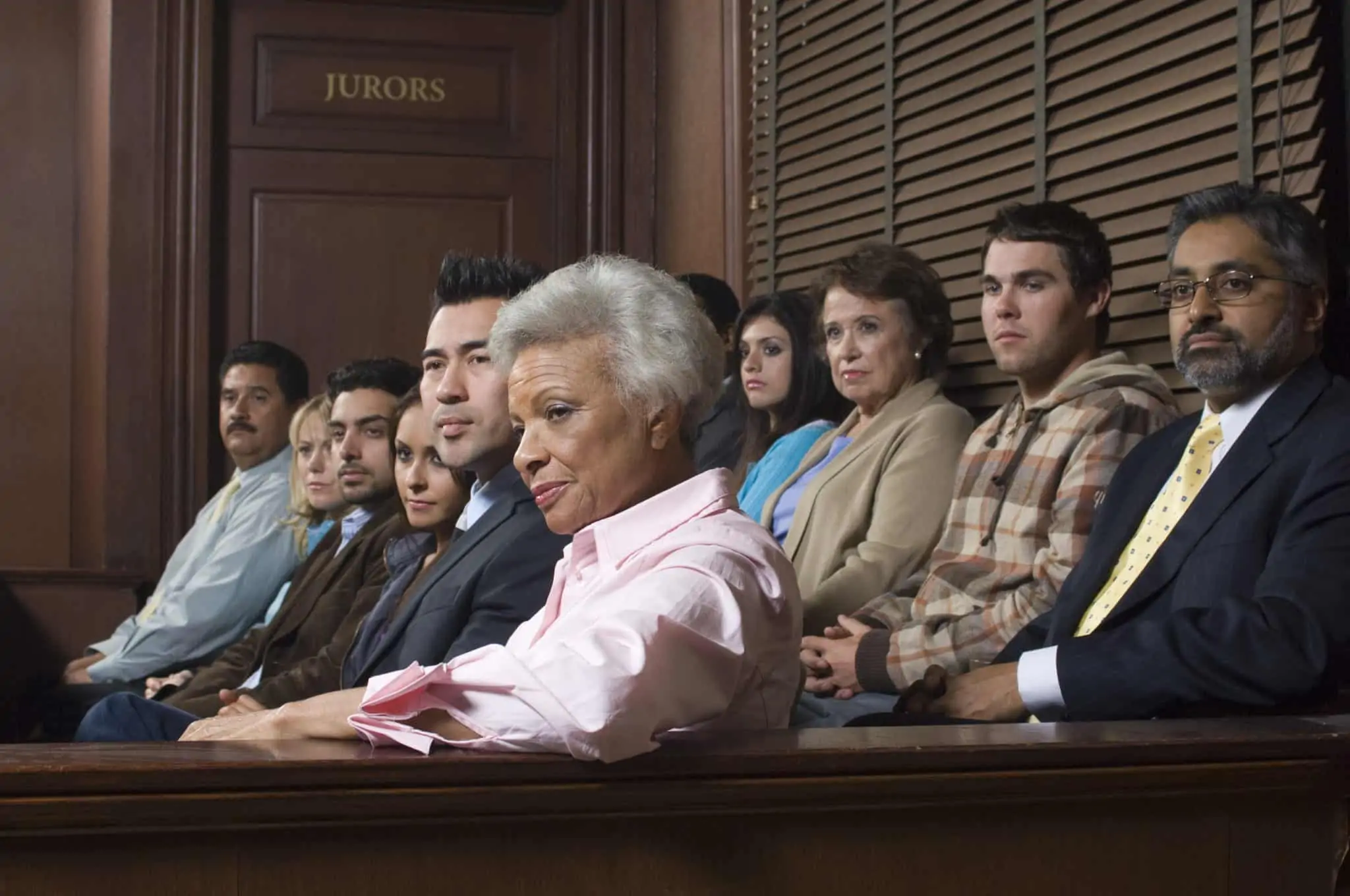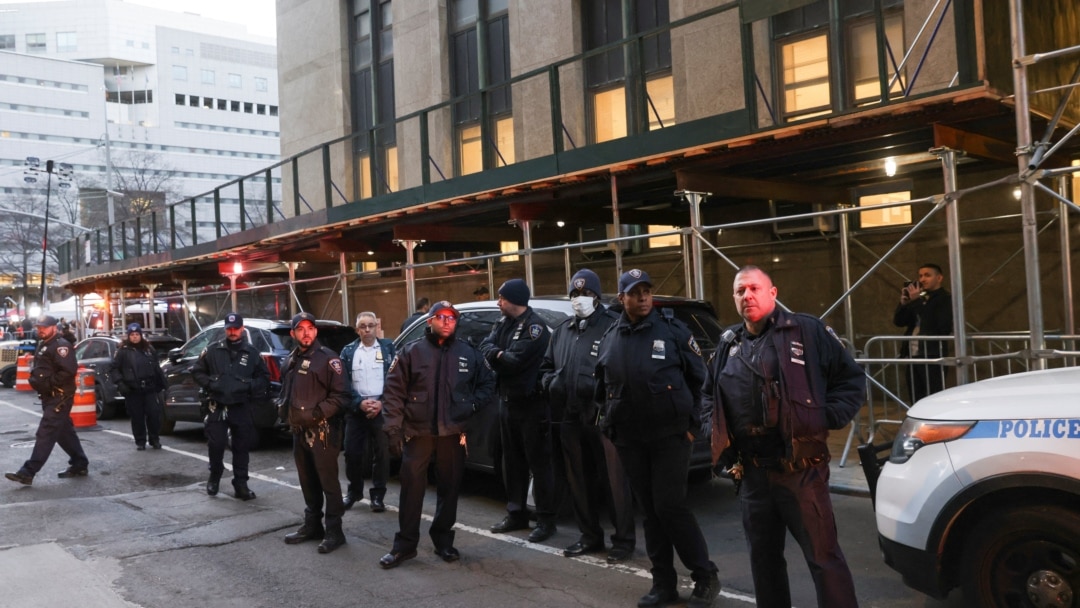Grand Jury Proceedings in New York: Procedural Steps and Legal Implications
Introduction: Understanding Grand Juries in New York State
In the United States legal system, a grand jury is a body of citizens that determines whether there is probable cause to believe that a person has committed a crime. In New York State, a grand jury is made up of no less than 16 and no more than 23 sitting jurors.
The Grand Jury in New York City: Prosecutorial Discretion
In New York City, most criminal cases bypass the preliminary hearing stage, where a judge determines whether there is probable cause for the case to proceed. Instead, the prosecutor directly presents the case to a grand jury.
This procedure allows the prosecutor to avoid having to publicly disclose the evidence supporting the charges in a case. It also shields the prosecutor from potential cross-examination by the defense attorney.
Grand Jury Procedures: Investigating and Voting on Indictments
During a grand jury proceeding, the prosecutor presents evidence to the jurors, including witness testimony and physical evidence. The jurors then vote on whether to issue an indictment, which is a formal accusation that the accused has committed a crime.
To issue an indictment, 12 or more jurors must agree that there is probable cause to believe that a crime has been committed. If the grand jury does not issue an indictment, the charges against the accused are dismissed.
Legal Implications of Indictments and Dismissals
An indictment by a grand jury is not a determination of guilt. It simply means that there is enough evidence to support the charges and that the case should proceed to trial.
On the other hand, a dismissal by a grand jury can have significant consequences. It may result in the charges being dropped permanently or lead to further investigation by the prosecutor.


Komentar